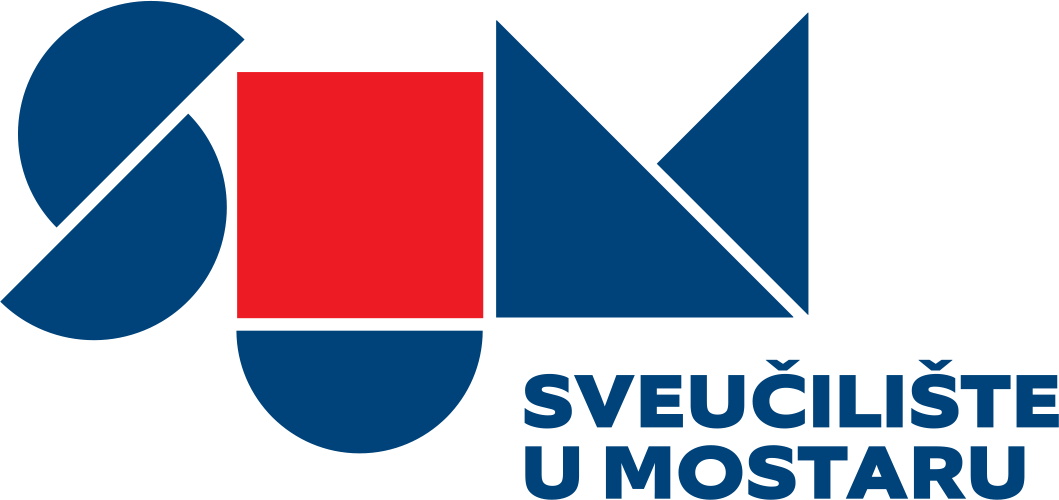THE ART HISTORY STUDY PROGRAMME
The Department of Art History offers undergraduate and graduate double-major study programmes, which can be combined with any other double-major study program at the Faculty of Humanities and Social Sciences. The Department of Art History allows both full-time (state-funded or self-financing) and part-time enrolment.
Undergraduate study programme (6 semesters – 180 ECTS credits)
The undergraduate double-major Art History study program offers different courses which provide students with comprehensive knowledge of the field of Art History.
Upon completion of the undergraduate double-major Art History study program, students will be able to:
- recognize the main stylistic features of architecture, sculptures, paintings and other modern art forms;
- place art in specific historical periods;
- recognize specific artistic oeuvres;
- formally analyse works of art using their knowledge of the Theory of Art History;
- analyse the space and structure of architectural works using their knowledge of the constructive elements and the typological and morphological classification of architecture;
- critically evaluate works of art from earlier periods in history and styles;
- assess the importance of cultural and historical heritage.
Upon completion of the undergraduate double-major Art History study program, students earn the academic title of the Bachelor of Art History.
Bachelors of Art History can enrol in the graduate Art History program or a related graduate study program or enter the labour market, e.g. by doing less demanding jobs in museums, art galleries or institutes for the protection of cultural monuments, working in tourism (assistants in the offices for the protection of cultural heritage in museums or galleries, tourist guides), administration jobs related to artistic heritage (e.g. administrative assistant for cultural affairs in state, district and city administration), art trade, running amateur fine art groups and workshops, assistants in art and culture magazines and the like.
Graduate study programme (4 semesters – 120 ECTS credits)
The graduate double-major Art History study programme, the teacher-training track, enables students to organize the process of learning and teaching Art History to different age groups and for different types of education. During the programme, students acquire high competencies related to teaching Art History in various educational institutions.
Upon completion of the graduate double-major Art History study programme (the teacher-training track), students will be able to:
- define and explain complex terms from the field of Art History;
- interpret and analyse complex aspects of Art History;
- independently write demanding texts, from longer essays to art reviews;
- analyse and critically examine various works of art;
- teach Art History and the theory of art in vocational high schools and grammar schools;
- define basic didactic and methodological theories;
- design, prepare and perform classes for students of different age groups;
- make their own teaching materials adapted to different age groups and abilities;
- develop professional knowledge, skills and competencies, ethics, independence and responsibility.
Upon completion of the graduate double-major Art History study programme, students earn the academic title of the Master of Art History.
Masters of Art History can teach independently or enrol in post-graduate studies. Employment opportunities include: Art teacher, Art History teacher, scientific work, art critic, curator, conservator, jobs in state administration related to the protection of cultural heritage, jobs in tourism, journalist and publicist.
Upon completion of the five-year teaching-oriented programmes offered by the Faculty of Humanities and Social Sciences, students will acquire the qualifications for teaching in primary and secondary schools, according to the EU standard of a minimum 60 ECTS in the teaching-oriented courses within the total of 300 ECTS. The above-mentioned 60 ECTS standard is acquired through the teaching-oriented programme and general courses (the Teaching Module) during both undergraduate and graduate studies.
Upon completion of the teaching-oriented programmes offered by the Faculty of Humanities and Social Sciences, and by passing general courses, students will be able to:
- apply their knowledge of human development, socio-cultural and individual differences in order to help students achieve their best;
- recognise educational needs of gifted students, students with developmental or learning difficulties, as well as the needs of students who belong to different vulnerable groups;
- create safe, stimulating and inclusive environment, according to every student’s needs;
- demonstrate their knowledge of regulations, laws and conventions which regulate the protection of children’s rights;
- apply relevant knowledge of methods of efficient teaching of different content, including potential difficulties students may encounter;
- plan the teaching process and learning outcomes in accordance with the students’ developmental level, abilities and needs;
- evaluate their work and plan further development of their professional competencies;
- demonstrate their knowledge of the standards and ethical principles of the teaching profession;
- apply different strategies in order to develop partnership between family, school and community;
- participate in team work in different educational contexts;
- demonstrate their knowledge of the educational system and legal regulations, including the organization and methods of school management;
- create projects and conduct research in order to improve the work of their school;
- independently make decisions about grading and evaluating students and share responsibilities with other individuals relevant for the students’ development;
- independently make assessments, judgements and decisions in educational contexts.



